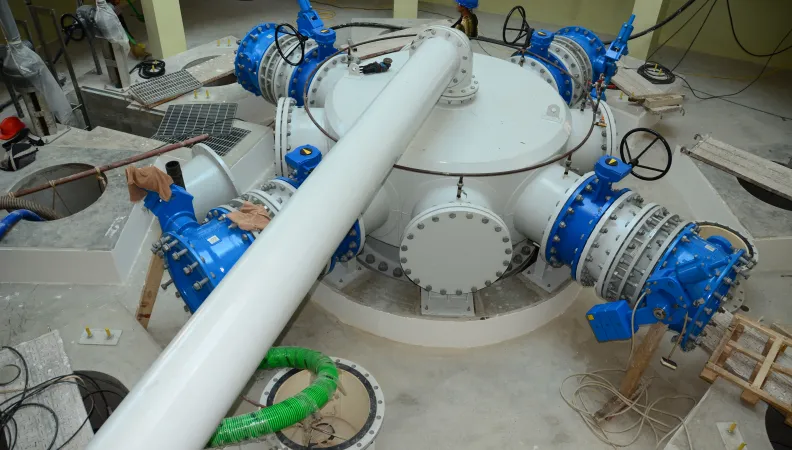Share the page
Access to drinking water and sanitation in Cambodian provincial cities
Project


-
Project start date
-
Status
Completed
-
Project end date
-
-
Project duration
-
4 ans
-
AFD financing amount
-
€ 40000000
-
Country and region
-
Location
-
Battambang, Kampong Cham, Sihanoukville and Siem Reap
-
Type of financing
-
Partners
-
European Union, Asian Development Bank
-
Beneficiaries
-
Ministère de l’Industrie et de l’Artisanat, Ministère des Travaux publics et des Transports
The Provincial Water Supply and Sanitation Project (PWSSP) aims to improve the population’s living conditions in Battambang, Kampong Cham, Sihanoukville and Siem Reap, by providing drinking water and water purification services.
Context
The Millennium Development Goals for drinking water were achieved in Cambodia in 2012, providing access to an improved water source for 94% of the urban population and 66% of the rural population.
However, these figures mask strong disparities in service levels and between the different urban areas. This means the rate of connection to the network is much higher in Phnom Penh than in other cities. The government has set the goal of 100% access to water in all urban areas by 2025.
Regarding the sanitation network, the coverage rate in Cambodia is very low despite some successes in Sihanoukville or Siem Reap.
Description
AFD is co-financing the project via a sovereign loan of €40 million, in partnership with ADB, the EU (€4.9 million grant) and the Japanese government. The total amount is US$120 million.
This funding covers:
- Construction of new water treatment plants and associated networks in Battambang and Kampong Cham;
- Replacement of the defective sewer main in Siem Reap;
- Construction or renovation of wastewater and sludge treatment plants in Battambang, Kampong Cham and Sihanoukville, including the water purification network in Battambang and Sihanoukville;
- Capacity building and human resource development, which includes the launch of a new Master’s degree in Urban Water and Sanitation at the Institute of Technology of Cambodia.
Impacts
he project allows expansion of the network coverage and increases production and treatment capacity to meet the demand in rapidly growing provincial urban areas.
It will contribute to the sustainable and efficient management of water and purification services. It will also improve the environments that receive such services thanks to a wider collection of wastewater/sludge and more efficient treatment.


